Imagine you are trying to protect a ship’s engine from rust, a jet turbine from extreme heat, or a wind turbine from relentless sea spray. All of these challenges have one thing in common: harsh environments that wear down materials over time. That is where nanocomposite coatings come in, doing a big job to make our technology last longer, run smoother, and stay safer.
They are protective layers made from materials that include nanoparticles. Super tiny particles that can enhance strength, reduce wear, and resist corrosion better than traditional coatings. These coatings are applied to surfaces that need to survive tough conditions, such as extreme temperatures, high pressure, salty water, and friction.
Professor Zulfiqar Khan, who leads the NanoCorr, Energy & Modelling (NCEM) Research Group at Bournemouth University focuses on finding smart, sustainable ways to protect machines and components, especially those in energy, aerospace, and marine sectors.

Machines that break down due to corrosion or wear are not only expensive to fix they also waste energy and resources. If we can improve how surfaces handle friction and corrosion, we can: (1) Extend the life of machines and vehicles, (2) Increase energy efficiency, (3) Reduce maintenance costs and (4) Improve safety and reliability.
Nanocomposite coatings are a new frontier in this mission. Researchers like Khan and his collaborators are developing new models to help understand how these coatings behave and fail. This is important because knowing when and how a coating will degrade allows engineers to improve the formula before something goes wrong in the real world.
The Khan-Nazir Models
Two of the most important tools developed by the team are:
Khan-Nazir Model I: Cathodic Blistering
Imagine a protective layer (the coating) on a surface starting to bubble or blister when exposed to water or salt. This model helps predict how that bubbling happens due to pressure under the surface. It looks at things like the coating’s thickness and elasticity to determine when it might fail.
Khan-Nazir Model II: Wear-Corrosion Interaction
This model deals with the damage caused when friction and corrosion happen at the same time as when gears grind under contaminated lubricant or oil mixed with seawater. It calculates how quickly the material will wear down, helping engineers design better coatings to resist it.
The coatings are put through their paces in labs using machines that mimic real-world conditions: (1) Rubbing surfaces together to measure friction, (2) Exposing them to seawater to simulate marine environments, and (3) Combining heat, pressure, and corrosion to see how they react over time.
The results are then plugged into these models to see how accurate the predictions are. This is called experimental validation, and it is how science moves from theory to real-world application.
Work Featured on NIH Gov Website
NCEM work is not limited to mechanical and interacting systems. They have been studying other significant applications in terms of drug delivery systems, “CuO Bionanocomposite with Enhanced Stability and Antibacterial Activity against Extended-Spectrum Beta-Lactamase Strains”. Bacterial resistance to beta-lactam antibiotics is a growing global health concern. As an alternative, scientists have explored metal-based nanoparticles, but their instability has limited their use. In this study, Professor Khan and his team have developed a simple and eco-friendly method to create stable nanocomposites without using harmful chemicals. They combined naturally sourced copper oxide with glycerol and phospholipids from egg yolk in the right proportions.
Tests showed that the new particles were stable, averaging about 59 nanometres in size. The presence of phospholipids helped improve their stability. The antibacterial ability of the nanocomposites was tested against drug-resistant bacteria, and they proved to be effective, even at low concentrations (62.5 µg/mL).
These results suggest that the new nanocomposite could be a promising tool for fighting resistant bacteria and could be useful for delivering antibiotics more effectively in the future. Therefore, due to significant potential in biotechnology applications, Khan and team editorial, “Development of Nanocomposite Coatings”, has been featured on NIH Gov website.
Innovations, Applications, and What’s Next
The research does not stop with just applying a basic coating. Scientists are now:
- Embedding graphene and zirconia nanoparticles for extra durability.
- Using chitosan (a material from shrimp shells!) for antimicrobial properties and
- Applying coatings using plasma oxidation, a high-energy technique that makes coatings super strong and uniform.
Another exciting development is the use of tiny sensors built into coatings. These can monitor damage or degradation in real-time, allowing for predictive maintenance before things go wrong.
Nanocomposite coatings are being used or tested in Oil rigs and marine vessels, Wind turbines and solar panels, Jet engines and spacecraft, Biomedical devices like implants and Industrial pipelines and automotive parts.
Professor Khan’s team continues to explore how to make these coatings smarter, more sustainable, and more adaptable. Their models are being refined to handle even more complex environments, and their lab techniques are helping industries reduce waste, cut costs, and stay competitive in a world where materials need to do more with less.
Nanocomposite coatings might sound technical, but their impact is simple, they protect the things we rely on every day. These advanced nanocoatings are helping industries become more efficient, eco-friendly, and durable, one nano-layer at a time.
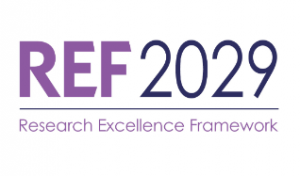 The Research Excellence Framework (REF) is the UK’s system for assessing the excellence of research in UK higher education providers and is managed by Research England.
The Research Excellence Framework (REF) is the UK’s system for assessing the excellence of research in UK higher education providers and is managed by Research England. Coating Innovation for Tough Environments
Coating Innovation for Tough Environments

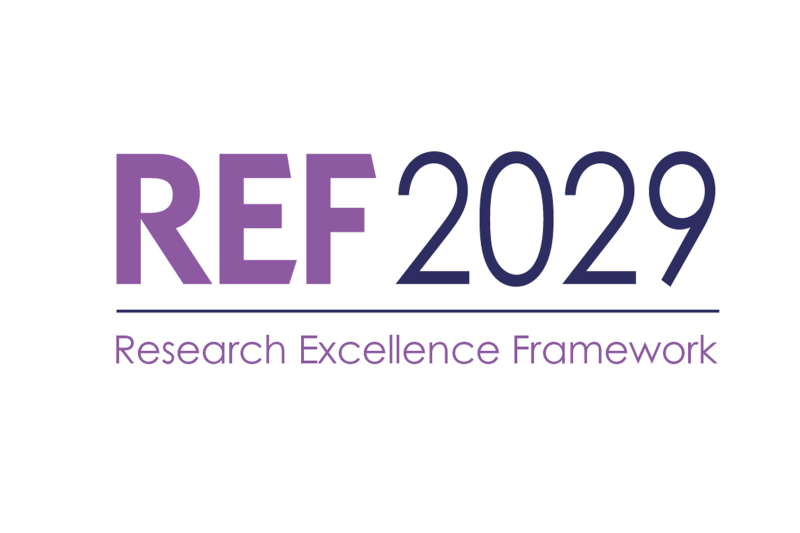
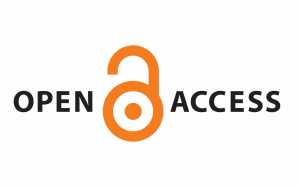 The REF (
The REF (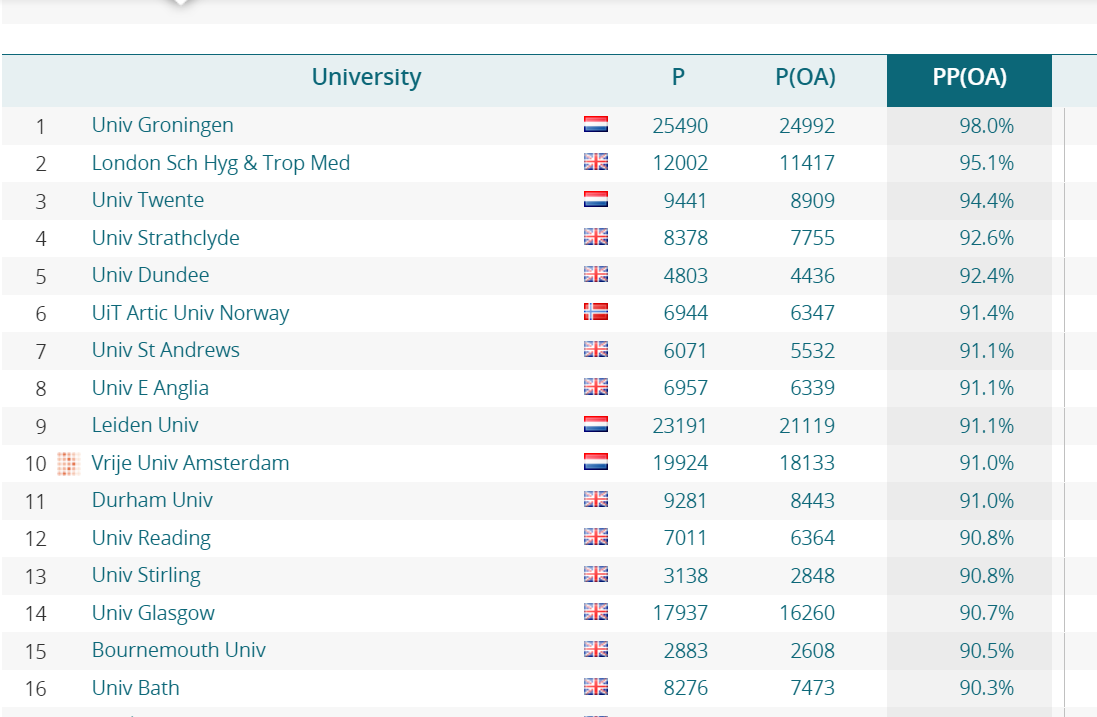
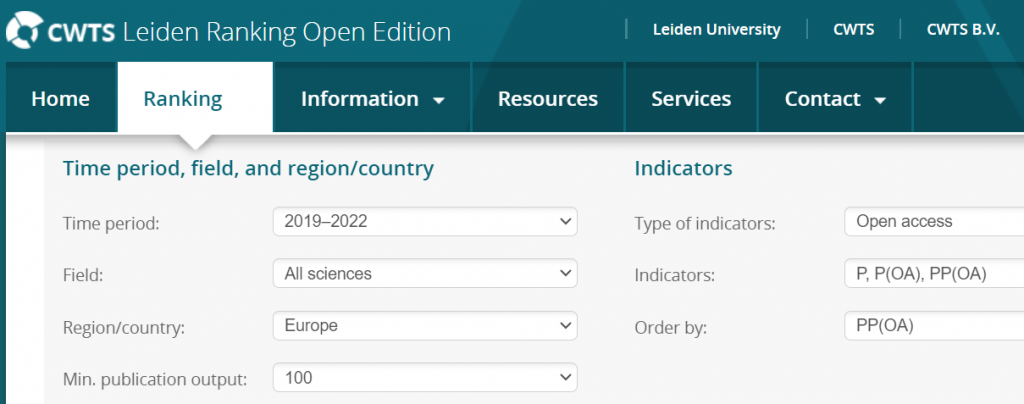

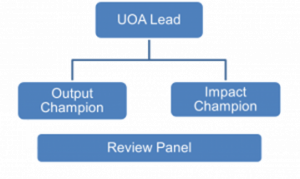
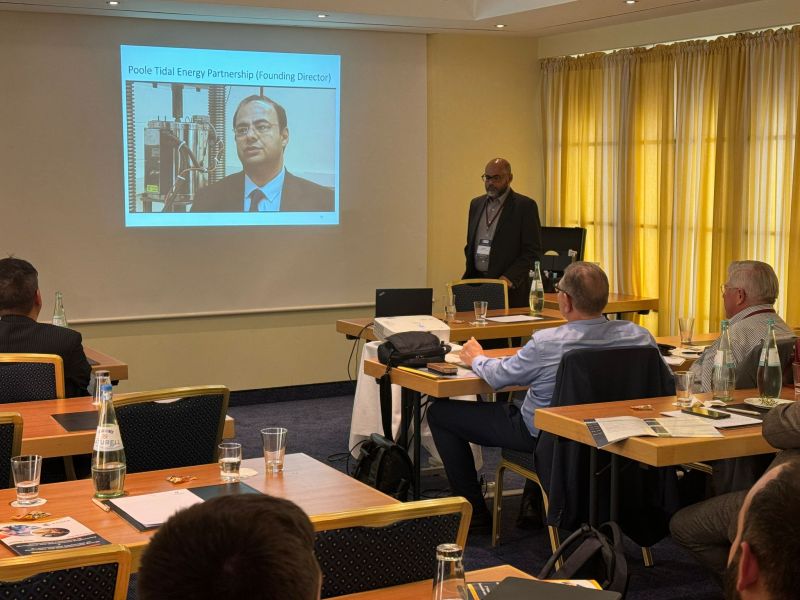




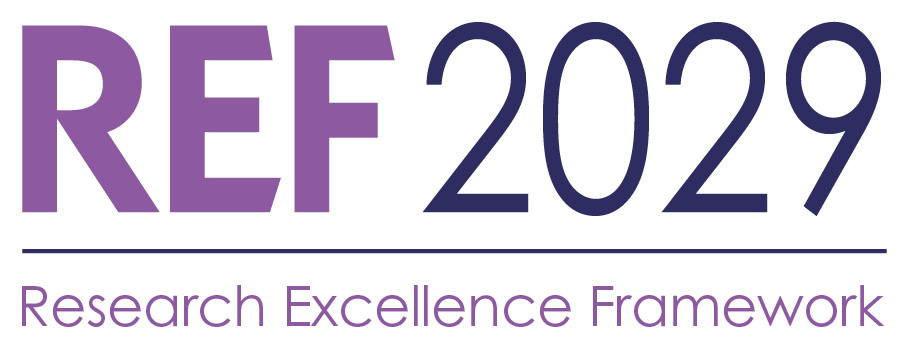
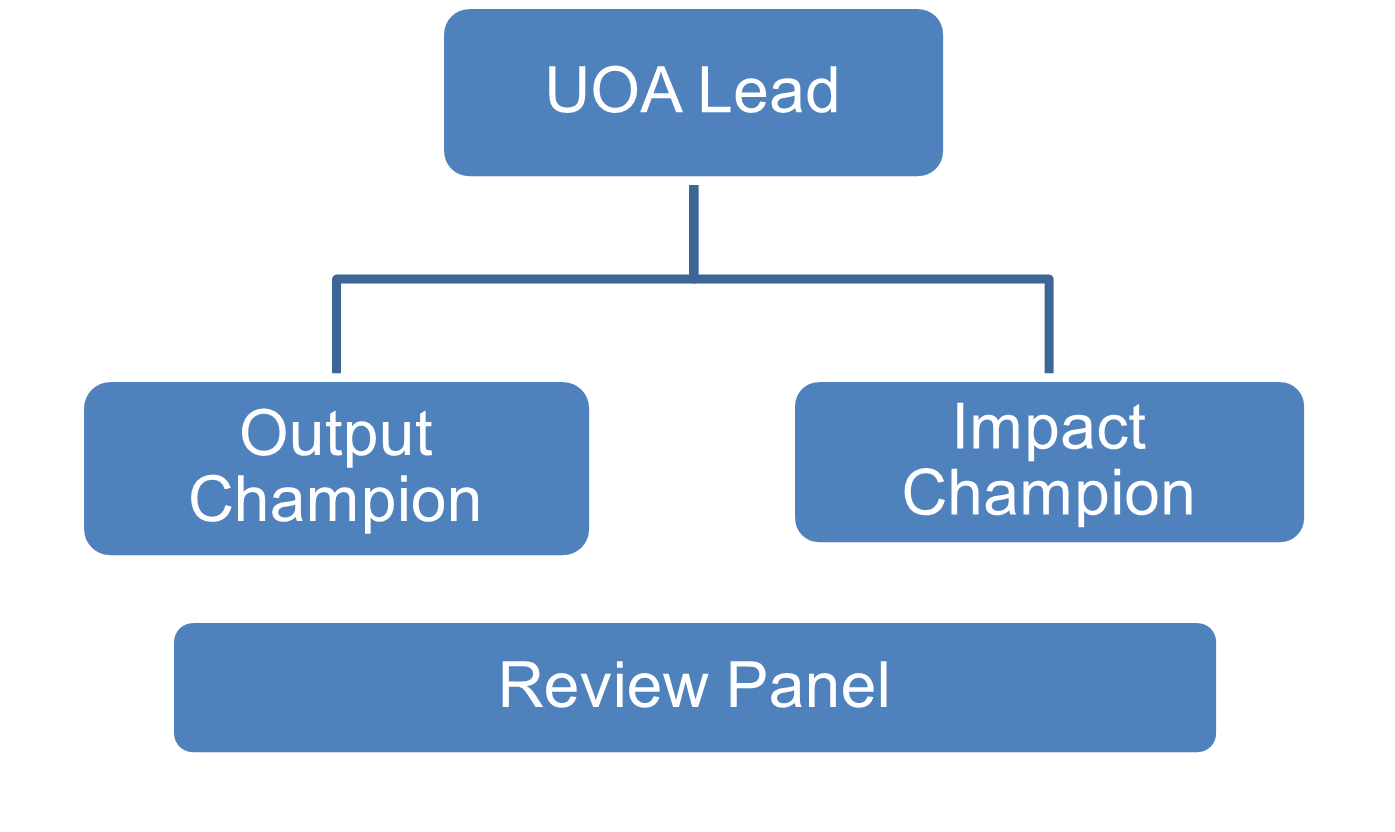 We are currently preparing submissions to
We are currently preparing submissions to 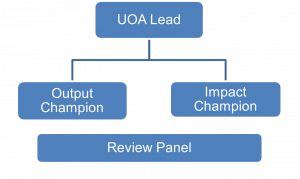











 UKCGE Recognised Research Supervision Programme: Deadline Approaching
UKCGE Recognised Research Supervision Programme: Deadline Approaching SPROUT: From Sustainable Research to Sustainable Research Lives
SPROUT: From Sustainable Research to Sustainable Research Lives BRIAN upgrade and new look
BRIAN upgrade and new look Seeing the fruits of your labour in Bangladesh
Seeing the fruits of your labour in Bangladesh Exploring Embodied Research: Body Map Storytelling Workshop & Research Seminar
Exploring Embodied Research: Body Map Storytelling Workshop & Research Seminar ECR Funding Open Call: Research Culture & Community Grant – Apply now
ECR Funding Open Call: Research Culture & Community Grant – Apply now ECR Funding Open Call: Research Culture & Community Grant – Application Deadline Friday 12 December
ECR Funding Open Call: Research Culture & Community Grant – Application Deadline Friday 12 December MSCA Postdoctoral Fellowships 2025 Call
MSCA Postdoctoral Fellowships 2025 Call ERC Advanced Grant 2025 Webinar
ERC Advanced Grant 2025 Webinar Update on UKRO services
Update on UKRO services European research project exploring use of ‘virtual twins’ to better manage metabolic associated fatty liver disease
European research project exploring use of ‘virtual twins’ to better manage metabolic associated fatty liver disease